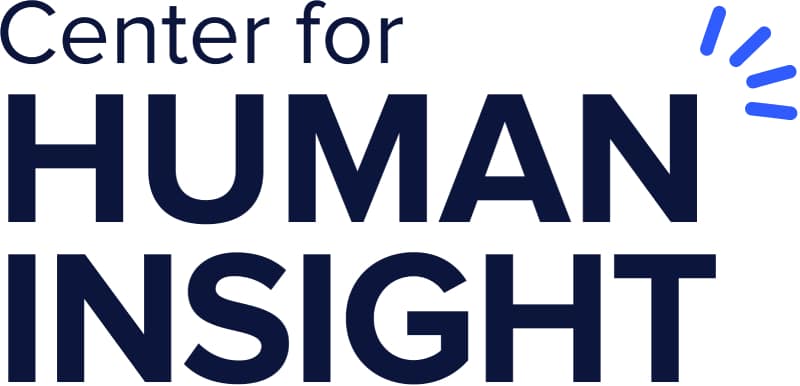Contents
With most Americans taking the next few days off for Thanksgiving, we thought this would be a good time to share pointers to some great holiday reading from people who are thinking deeply about human insight.
Product waste and the ROI of discovery
We’ll start with a fantastic piece from earlier this year on product waste, documenting the extreme price that companies pay for building the wrong thing. Written by product management consultant Rich Mironov, it calculates the costs in detail. This is a great companion to Tanya Koshy’s recent article for the Center on customer validation strategies. Rich tells you how much money you can save, and Tanya tells you how to do it. Most of us are having difficult conversations these days about saving money and being more efficient. Rich’s article will help you make the case for human insight with hard numbers.
A master at picking apart experiences looks at Maps
Ahhh, Built for Mars, what a fun website. For three years, Peter Ramsey has been publishing insightful analyses of customer experiences. He has a knack for identifying points of friction and confusion, and teasing out the underlying mental mistakes that companies make when designing experiences. All of his content is interesting, but an especially great piece is his analysis of Google Maps vs. Apple Maps. Who would have thought there was so much room for improvement in two extremely successful apps that have been iterated on for years?
Classic deep thinking on democratizing insights
Behzod Sirjani, principal of the research consulting/training firm Yet Another Studio, is an outspoken advocate of democratizing1 research the right way. In 2020-21 he wrote two essays laying out his ideas. They add up to a kind of manifesto, and if you haven’t read them before, you should check them out now.
The first one, Democratization is our job, lays out his case for democratizing research. Here’s a quote:
“Democratization is not about reducing the surface area for researchers, it’s about increasing the surface area for what we consider research. Research has been done, and will continue to be done, by people who don’t have ‘researcher’ in their title. It’s imperative that we improve the quality of their work, rather than pretend that it doesn’t exist.”
He lays out a nice model for understanding the different types of research, and the roles that researchers can play in facilitating it. Be sure to check out the update at the end of the article, which crystallizes some of these ideas.
The second article, The Organizational Appetite for Research, introduces a food-based metaphor for scaling research: What information is your organization hungry for, and what can it metabolize? As a parent, that metaphor resonated to me. When you bring home a baby from the hospital, you supply every morsel the child eats. You even have to stick the food in their mouth for them. But over time you teach them more and more to feed themselves. Yet in research we often cling to the parent/infant role: Everything is supposed to come through us, no matter how much the organization grows. The result is predictable: when you don’t give people the knowledge and opportunity to feed themselves, they go out and binge on junk food and candy (or its business equivalent, cheap internet surveys and whatever people say on Twitter). Anyway, that’s what the article said to me. You should read it for yourself and see what you think.
A UX researcher shares the reality of her role
We always like reading candid commentary from human insights people who know their stuff. One example is Ki Aguero, Lead User Experience Researcher at The Home Depot. Ki wrote a heartfelt piece on what it’s like to be a UX researcher. She has some great thoughts on managing stakeholders, dealing with the downside of empathy, and settling disputes between team members. Her comments are salty, but very appropriate because they’re well considered and grounded in reality.
1. Or scaling, or empowering, or whatever term you prefer.
Photo by Dip Devices on Unsplash
The opinions expressed in this publication are those of the authors. They do not necessarily reflect the opinions or views of UserTesting or its affiliates.







